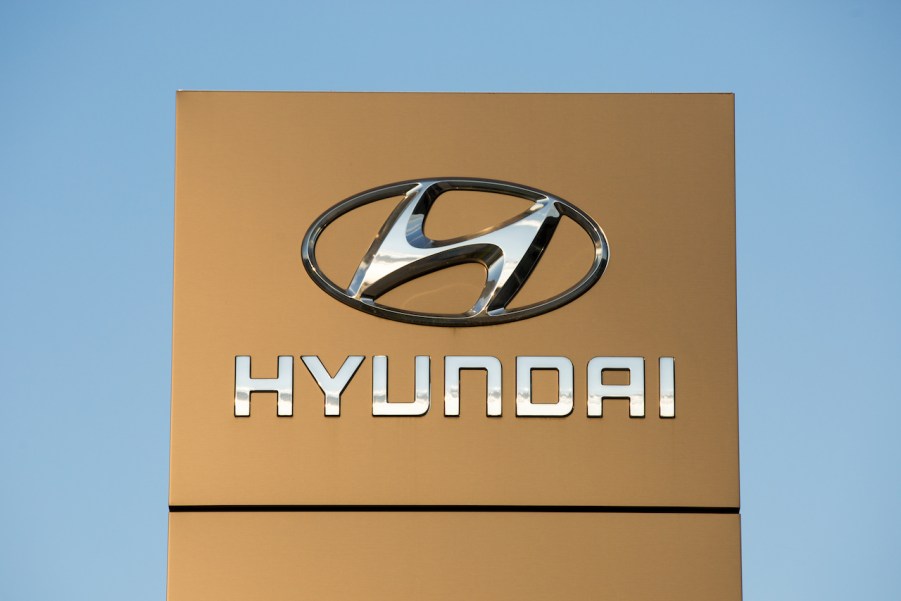
Recall Alert: 129,000 Hyundai Models Recalled for Potential Engine Damage
Hyundai has been producing some high-quality models as of late, however, we can’t expect every car that comes off the line to be perfect. In fact, out of the millions of cars that Hyundai has put out in the past decade, nearly 129,000 of them are currently being recalled for the possibility of premature engine wear and damage.
What is the recall for?
Hyundai recently issued a recall for various older models concerning the risk of engine damage and failure due to connecting rod bearings that could wear out prematurely, according to NHTSA. The connecting rods are internal parts that are connected to the engine pistons and worn-out bearings can easily lead to rod knock and subsequently having to replace the entire engine assembly. If left untreated, the issue could also potentially lead to an engine fire or the engine stalling while driving, which could lead to a crash.

Which Hyundai models are affected?
Fortunately, none of the new Hyundai models are currently affected by the recall. However, if you have an older model, then you might want to check if it’s on this list:
- 2012 Hyundai Santa Fe: Equipped with the 2.4-liter, four-cylinder engine
- 2011–2013 Hyundai Sonata Hybrid: Equipped with the 2.4-liter engine
- 2015-2016 Hyundai Veloster: Equipped with the 2.0-liter engine
- 2016 Hyundai Sonata Hybrid: Equipped with the 2.0-liter engine
There are currently 128,948 models being recalled.
How will Hyundai remedy the recall?
Hyundai will be notifying owners of the recall starting on January 22, 2021, and will instruct them to bring their cars to their local Hyundai dealer. Upon inspection, if the Hyundai dealer finds that the engine did indeed incur rod bearing failure which subsequently damaged the engine, the whole engine assembly will be replaced free of charge. The dealers will also install a Knock Sensor Detection System (KSDS) in each car, which will monitor the engine vibrations and detect premature wear and damage, according to Car and Driver.

For now, pay close attention to your car
If you currently drive one of the potentially affected Hyundai models listed above, then it’s recommended that you pay close attention to how your car drives and sounds for now. Symptoms of connecting rod bearing failure include: strange knocking sounds from the engine, reduced power or some hesitation while driving, a burning smell, oil leaks, or smoke out of the exhaust pipe.
The quickest and easiest way to know that something is wrong is when the “check engine” light or the “low oil pressure” lights comes on. While it’s easy to ignore these clear warning signs, it could mean imminent danger to yourself, your family, and especially your car. Also, when the recall notice does show up, be sure to take your car to the nearest Hyundai dealer to have the KSDS installed.

While your car might not show any symptoms or have any warning lights illuminated, the possibility and consequences of this particular recall are too grave to ignore. We always recommend having recall work done, since it’s free of charge and will offer greater peace of mind.



